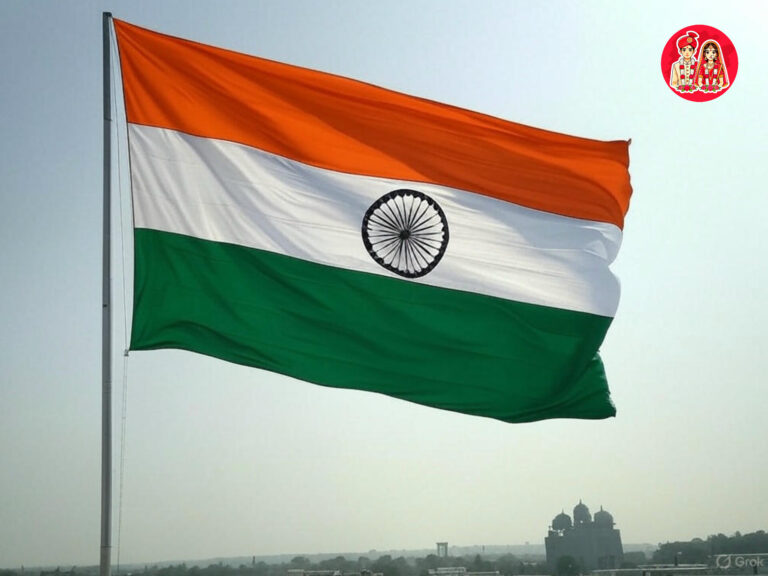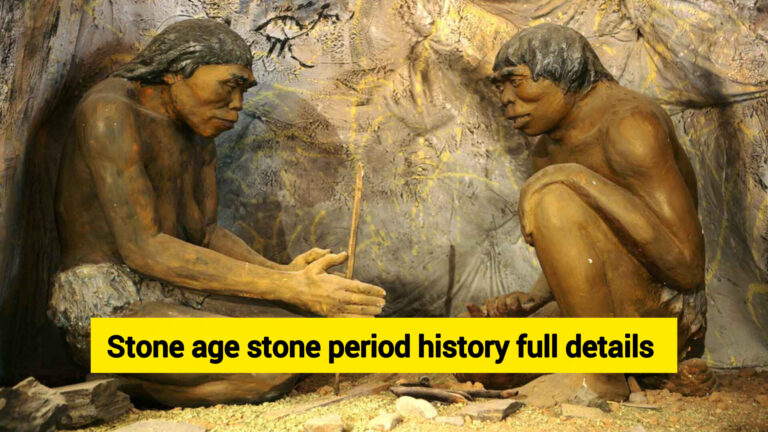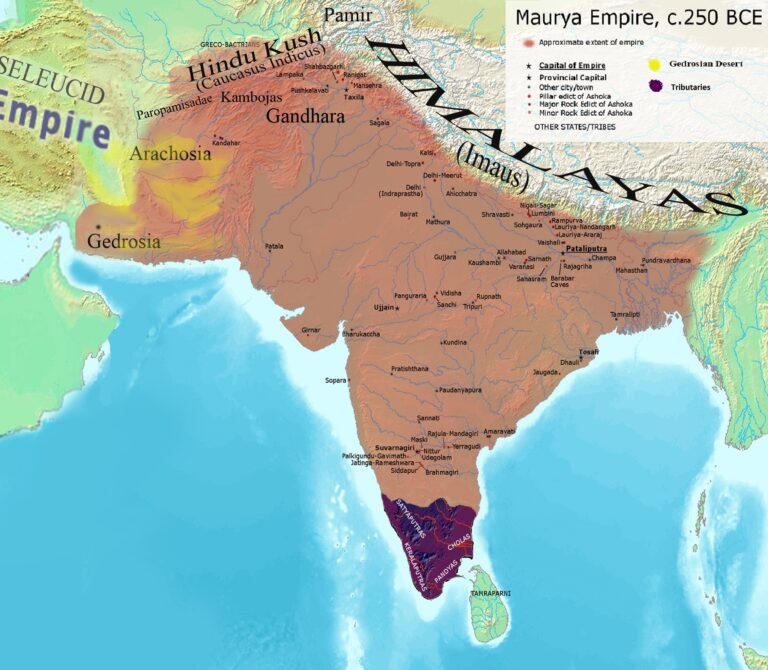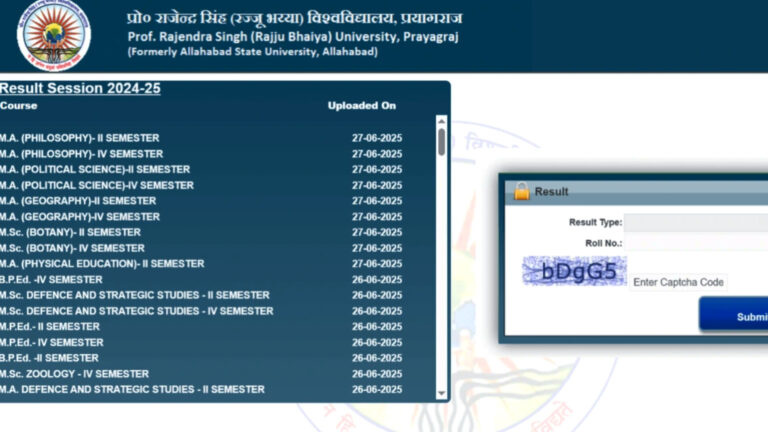
History of Jaipur | Jaipur Ka Itihas, Full Details
Key Points
- Jaipur, founded in 1727 by Maharaja Sawai Jai Singh II, is known as the Pink City for its pink-painted buildings, a tradition started in 1876 to welcome the Prince of Wales.
- The city’s culture blends Rajput and Mughal influences, evident in its arts, crafts like blue pottery, and vibrant festivals, with a strong emphasis on performing arts.
- Jaipur’s cuisine is famous for dishes like Dal Bati Churma, Laal Maas, and Ghewar, reflecting Rajasthani flavors with ghee and spices, and includes a rich street food scene.
- Top schools include Maharaja Sawai Man Singh Vidyalaya and Neerja Modi School, offering CBSE and international curricula, while top colleges like Jaipur National University and MNIT Jaipur are known for engineering and research.
- Historical landmarks like Amer Fort, City Palace, and Jantar Mantar showcase Jaipur’s royal heritage and architectural brilliance, attracting global tourists.
History

Jaipur, the capital of Rajasthan, was founded in 1727 by Maharaja Sawai Jai Singh II, a Kachhwaha Rajput ruler, who shifted his capital from Amer due to population growth and water scarcity. Designed by Vidyadhar Bhattacharya, it is one of India’s earliest planned cities, known for its grid layout and pink-painted buildings, earning the nickname “Pink City” after being painted pink in 1876 to welcome the Prince of Wales (later King Edward VII). This tradition continues, with laws preserving the pink color in the old city. Jaipur grew rapidly in the 19th and 20th centuries, becoming a center for arts, crafts, and education, and became Rajasthan’s capital post-independence in 1949.
Source: Wikipedia – Jaipur, Britannica – Jaipur
Culture
Jaipur’s culture is a vibrant blend of Rajput and Mughal influences, reflected in its people, language, food, art, and architecture. The city is famous for its arts and crafts, including blue pottery, handmade juttis (shoes), and jewelry, showcasing skilled craftsmanship. It has a strong tradition of performing arts, with live performances, cultural events, and festivals like Teej and Gangaur. The Jawahar Kala Kendra, established in 1993, promotes Indian art and culture through exhibitions, theater, dance, and music recitals. Museums like the Government Central Museum and Albert Hall Museum host art and antiquities, preserving Jaipur’s cultural legacy.
Source: Jaipur Culture – Flamingo Travels
Food

Jaipur’s cuisine reflects Rajasthani royalty, known for its rich, flavorful dishes enriched with ghee, mawa, and dry fruits. Popular dishes include:
- Dal Bati Churma: A traditional platter with lentil curry (dal), baked wheat dumplings (bati), and sweet churma.
- Laal Maas: A spicy mutton curry with red chilies.
- Ghewar: A sweet made from flour, ghee, and sugar syrup, often garnished with nuts.
- Mawa Kachori: A sweet pastry filled with mawa and dry fruits.
- Pyaz Kachori: Deep-fried pastry with spicy onion filling.
- Kair Sangri: A dish with dried berries and beans, cooked with spices.
- Rabri: Thickened milk sweet, served with poori or paratha.
The street food scene is vibrant, offering spicy, tangy delights like Mirchi Vada and Samosa, making it a food lover’s paradise.
Source: Exploring Culinary Delights – Bakingo
Top Schools
Jaipur hosts several prestigious schools known for academic excellence and holistic development. Top schools include:
- Maharaja Sawai Man Singh Vidyalaya: Known for its rigorous academics and infrastructure, scoring 1217 in Cfore Rankings 2024.
- Jayshree Periwal High School: Focuses on personality development, with a score of 1214 in Cfore Rankings 2024.
- Neerja Modi School: Offers CBSE, IGCSE, and IB programs, established in 2001, known for holistic education.
- Delhi Public School Jaipur: CBSE-affiliated, with strong academics and extracurriculars.
- Sanskar School: Emphasizes value-based education with modern facilities.
- Jaipuria Vidyalaya: CBSE curriculum, known for overall student development.
These schools offer modern infrastructure like smart classrooms, libraries, and sports facilities, affiliated with CBSE, ICSE, and international boards.
Source: Top Schools in Jaipur – Extramarks, Cfore Rankings 2024 – Times of India
Top Colleges
Jaipur’s colleges are renowned for quality education and placements. Top institutions include:
- Jaipur National University: UGC-approved, offering diverse undergraduate and postgraduate programs.
- JECRC University: Known for engineering, management, and law, with a strong research culture and industry linkages.
- Malaviya National Institute of Technology (MNIT Jaipur): A premier engineering institute, ranked highly in NIRF 2025.
- University of Rajasthan (UniRaj): Offers arts, science, commerce, and law, with a rich academic legacy.
- Rajasthan University of Health Sciences (RUHS): Specializes in medical and health sciences.
- Apex University: Provides courses in management, engineering, and humanities, known for good placements.
These colleges offer modern facilities and are known for their academic rigor and industry connections.
Source: Top Colleges in Jaipur – Collegedunia, Shiksha – Colleges in Jaipur
Historical Places
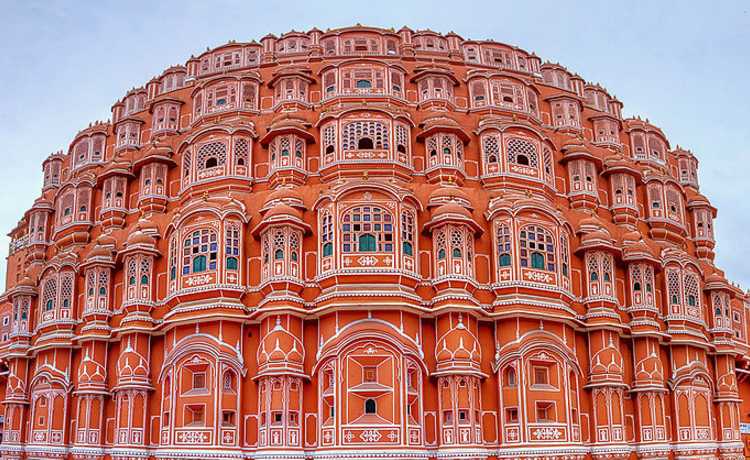
Jaipur’s historical landmarks reflect its royal heritage and architectural brilliance. Key attractions include:
- Amer Fort: A UNESCO World Heritage Site, built in the 16th century, known for its stunning architecture and scenic location.
- City Palace: The royal residence, showcasing Mughal and Rajasthani styles, with museums displaying royal artifacts.
- Hawa Mahal: The Palace of Winds, a five-story structure with 953 windows, an iconic landmark.
- Jantar Mantar: A UNESCO World Heritage Site, the largest stone astronomical observatory, built between 1727 and 1733.
- Nahargarh Fort: Built in 1734, offers panoramic views and rugged charm.
- Jaigarh Fort: Known as the Fort of Victory, houses the world’s largest cannon on wheels.
- Jal Mahal: An 18th-century palace in Man Sagar Lake, offering picturesque views.
- Albert Hall Museum: Rajasthan’s oldest museum, showcasing artifacts, paintings, and sculptures.
- Birla Mandir: A modern Hindu temple with intricate marble carvings, dedicated to Lord Vishnu and Goddess Lakshmi.
- Galtaji: A temple complex with natural springs and sacred kunds, known for spiritual significance.
These sites attract global tourists, offering insights into Jaipur’s rich history and culture.
Source: Historical Places in Jaipur – TravelTriangle, Top Historical Places – Holidify
Survey Note: Comprehensive Overview of Jaipur City, Rajasthan
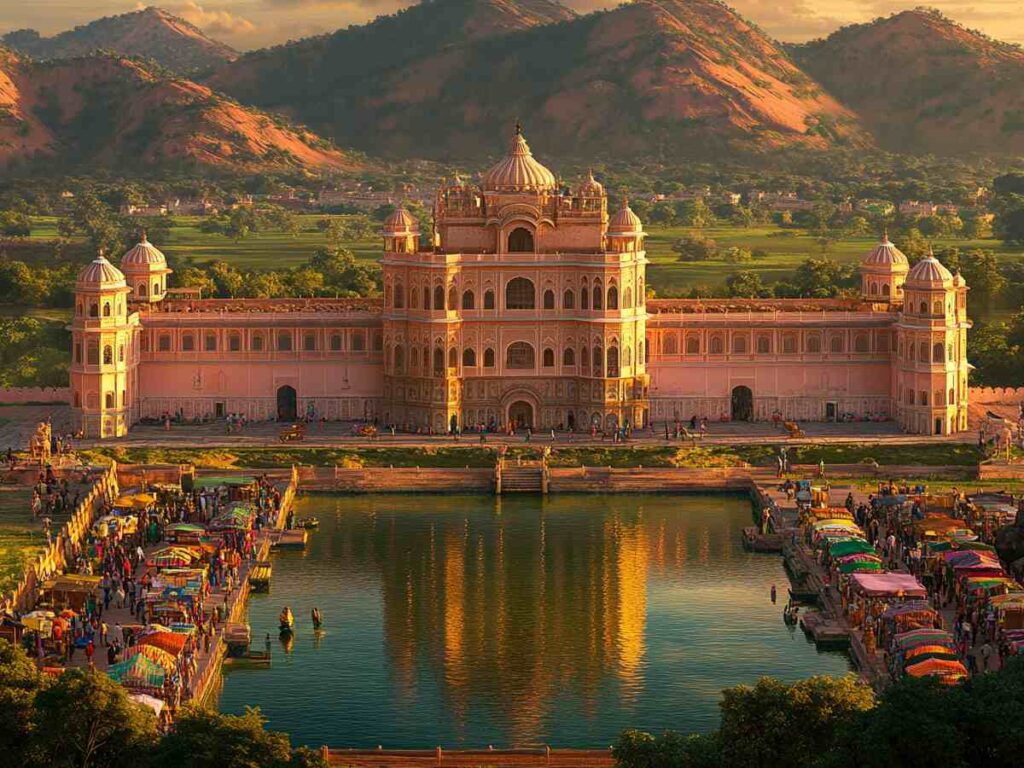
Jaipur, the capital of Rajasthan, is a city that encapsulates a rich blend of history, culture, and modernity, making it a significant destination for tourists, students, and researchers. This survey note provides a detailed exploration of its history, culture, food, educational institutions, and historical landmarks, based on extensive research conducted as of July 15, 2025.
Historical Context
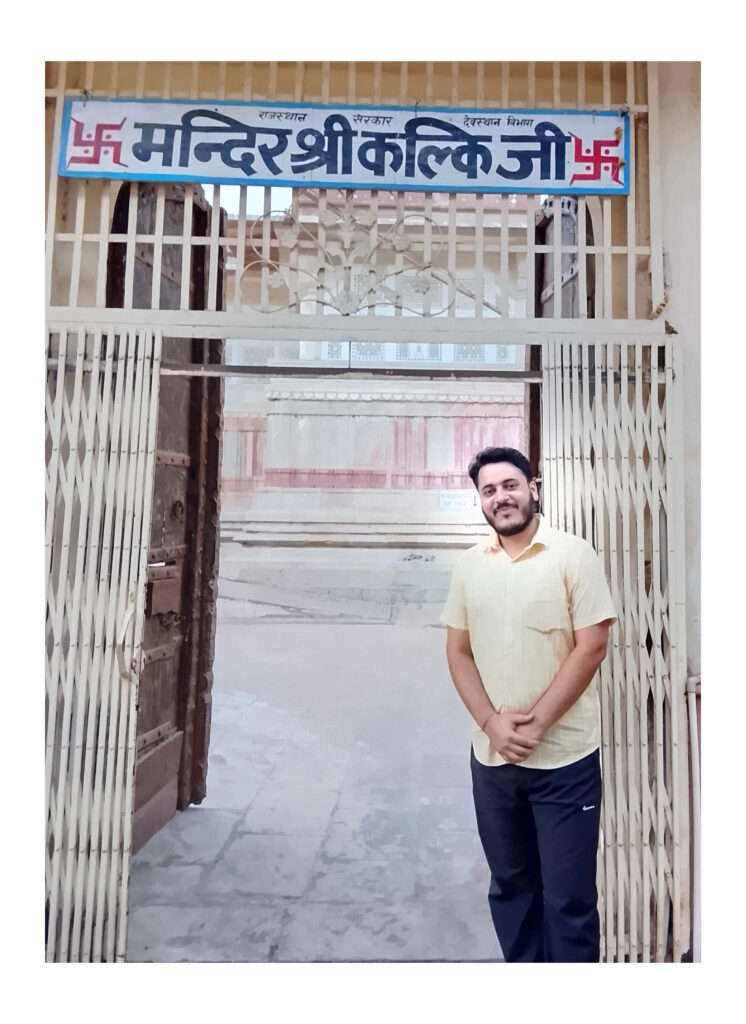
Jaipur was founded on November 18, 1727, by Maharaja Sawai Jai Singh II, a Kachhwaha Rajput ruler, who moved his capital from Amer, located 11 km away, due to increasing population and water scarcity. The city’s design, overseen by Vidyadhar Bhattacharya, a Brahmin scholar in mathematics and science from Bengal, is notable for its grid layout, making it one of India’s earliest planned cities. The city earned its nickname, the “Pink City,” in 1876 when Maharaja Ram Singh painted the buildings pink to welcome the Prince of Wales (later King Edward VII), a tradition maintained by law in the old city. During the British colonial period, Jaipur served as the capital of Jaipur State, and post-independence in 1949, it became the capital of Rajasthan. The city’s growth in the 19th and 20th centuries saw it become a hub for arts, crafts, and education, with a population reaching 160,000 by 1900, supported by hospitals, colleges, and industries in metals and marble.
Sources: Wikipedia – History of Jaipur, Jaipur Nagar Nigam – History]
Cultural Landscape

Jaipur’s culture is a vibrant tapestry of Rajput and Mughal influences, evident in its arts, crafts, and traditions. The city is home to a religious and traditional populace, with rural and urban lifestyles differing in dress and appearance. Arts and crafts, such as blue pottery, handmade juttis, and jewelry, reflect the skilled artistry of the region, with historical ties to the “chattis karkhanas” (36 industries) mentioned in historical records. Cultural sites like Jawahar Kala Kendra, established in 1993, promote Indian art through exhibitions, theater, dance, and music recitals, built on the navgraha (nine planets) concept of Indian astronomy. Museums like the Government Central Museum and Albert Hall Museum preserve art and antiquities, while festivals like Teej and Gangaur showcase the city’s vibrant performing arts tradition.
Sources: Jaipur Culture – Travelogy India, Jaipur Tourism – Rajasthan Tourism]
Culinary Delights
Jaipur’s cuisine is a reflection of Rajasthani royalty, known for its rich, flavorful dishes enriched with ghee, mawa, and dry fruits. The iconic Dal Bati Churma, comprising lentil curry, baked wheat dumplings, and sweet churma, is a staple, often paired with Laal Maas, a spicy mutton curry with red chilies. Sweet treats like Ghewar, made from flour, ghee, and sugar syrup, and Mawa Kachori, filled with mawa and dry fruits, are popular, especially during festivals. Other dishes include Pyaz Kachori (spicy onion-filled pastry), Kair Sangri (dried berries and beans with spices), and Rabri (thickened milk sweet). The street food scene is vibrant, offering spicy, tangy delights like Mirchi Vada, Samosa, and Pyaaz Kachori, often enjoyed at local eateries like Chokhi Dhani, which provides an authentic Rajasthani dining experience with traditional music and dance.
Sources: Famous Foods of Jaipur – Lih Travel, Street Food in Jaipur – Holidify]
Educational Institutions
Jaipur is a significant educational hub, with top-tier schools and colleges catering to diverse academic needs. Schools like Maharaja Sawai Man Singh Vidyalaya, scoring 1217 in Cfore Rankings 2024, and Jayshree Periwal High School (1214) are known for academic rigor and holistic development, offering CBSE curricula with modern facilities like smart classrooms and sports infrastructure. Other notable schools include Neerja Modi School, offering CBSE, IGCSE, and IB programs since 2001, and Delhi Public School Jaipur, known for extracurriculars. Colleges like Jaipur National University, a UGC-approved private institution, and JECRC University, known for engineering and research, are prominent. MNIT Jaipur, ranked #23 in India 2025 by NIRF, and University of Rajasthan (UniRaj) offer diverse courses, with good placement records and modern infrastructure.
Sources: Top Schools – Edustoke, Top Colleges – Collegedunia]
Historical Landmarks
Jaipur’s historical places are a testament to its royal heritage and architectural brilliance, attracting global tourists. Amer Fort, a UNESCO World Heritage Site built in the 16th century by Raja Man Singh I, is known for its stunning architecture and scenic location. City Palace, the royal residence, blends Mughal and Rajasthani styles, with museums showcasing royal artifacts. Hawa Mahal, with 953 windows, is an iconic landmark, while Jantar Mantar, another UNESCO site, is the largest stone astronomical observatory, built between 1727 and 1733. Nahargarh Fort, built in 1734, offers panoramic views, and Jaigarh Fort, known as the Fort of Victory, houses the world’s largest cannon on wheels. Other landmarks include Jal Mahal, an 18th-century palace in Man Sagar Lake, Albert Hall Museum, Rajasthan’s oldest, and Galtaji, a temple complex with natural springs. These sites reflect Jaipur’s rich history and cultural legacy.
Sources: Historical Places – Travel Earth, Top Tourist Places – TripAdvisor]
Comparative Table: Top Schools and Colleges
Below is a table comparing key details of top schools and colleges in Jaipur, based on available rankings and facilities:
| Institution | Type | Curriculum/Programs | Notable Features | Ranking/Source |
|---|---|---|---|---|
| Maharaja Sawai Man Singh Vidyalaya | School | CBSE | Holistic education, modern infrastructure | Cfore Rankings 2024: 1217 |
| Neerja Modi School | School | CBSE, IGCSE, IB | Day boarding, academic excellence | Established 2001 |
| Jaipur National University | College/University | UG, PG, PhD | UGC-approved, diverse programs | Top private university |
| JECRC University | College/University | Engineering, Management, Law | Strong research, industry linkages | Known for placements |
| MNIT Jaipur | College | Engineering, Research | NIRF 2025: #23, technical education | Premier engineering institute |
This table highlights the diversity and excellence of educational institutions in Jaipur, catering to various academic and career aspirations.
In conclusion, Jaipur stands as a city where history, culture, and modernity intertwine, offering a rich experience for all who visit or reside, as evidenced by its vibrant traditions, culinary delights, educational opportunities, and historical landmarks.

